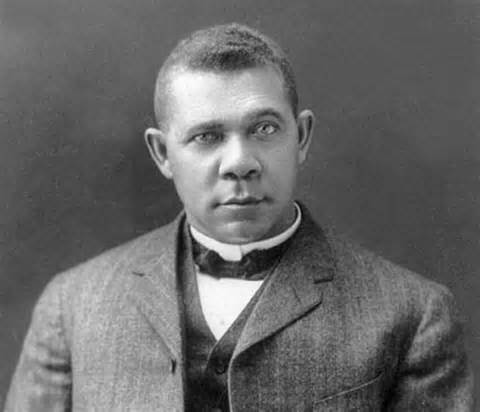When I was growing up, the dark miasma of the Holocaust was still so pervasive that the famous slogan “Never Forget!” seemed almost irrelevant. How could anyone forget Hitler and his murderous goose-steppers? It was hard to imagine a world where that supreme evil was not remembered as a stern and awful warning. I heard Holocaust survivors insisting that we must never forget, and I thought they were just repeating the obvious. Why did they have to keep on saying it?
Commentary Magazine
Commentary is America’s premier monthly magazine of opinion and a pivotal voice in American intellectual life. Since its inception in 1945, and increasingly after it emerged as the flagship of neoconservatism in the 1970’s, the magazine has been consistently engaged with several large, interrelated questions: the fate of democracy and of democratic ideas in a world threatened by totalitarian ideologies; the state of American and Western security; the future of the Jews, Judaism, and Jewish culture in Israel, the United States, and around the world; and the preservation of high culture in an age of political correctness and the collapse of critical standards.
No More ‘Lesser of Two Evils’
I don’t know which is more amusing: Democrats assuming that any candidate with Tea Party backing is certifiable, or Republicans upset with the idea that RINOs are slowly becoming an endangered species within their own party. One thing is certain: the movement both sides are trying to discredit is revealing what’s really in play come November.
Why are Liberals Blind to the Evil in the World?
Why do so many Jews, located primarily in New York City, Los Angeles, and in Florida, mindlessly vote the Democrat Party line and thus support the Democrat destruction of the nation remains a mystery to me, but the same can be also said of Afro-Americans. Perhaps it is because both share a history of persecution and both are drawn to any message of hope and change.
Judaism 101
Judaism 101 is an online encyclopedia of Judaism, covering Jewish beliefs, people, places, things, language, scripture, holidays, practices and customs. My goal is to make freely available a wide variety of basic, general information about Judaism, written from a traditional perspective in plain English. This web site has grown continually for more than 10 years and continues to be updated periodically
Booker T and the Reparations Hustle
Former slave Booker T. Washington, in a 1901 autobiographical book Up From Slavery, made the following poignant statement: When we rid ourselves of prejudice, or racial feeling, and look facts in the face, we must acknowledge that, notwithstanding the cruelty and moral wrong of slavery, the ten million Negroes inhabiting this country, who themselves or whose ancestors went through the school of American slavery, are in a stronger and more hopeful condition, materially, intellectually, morally and religiously



